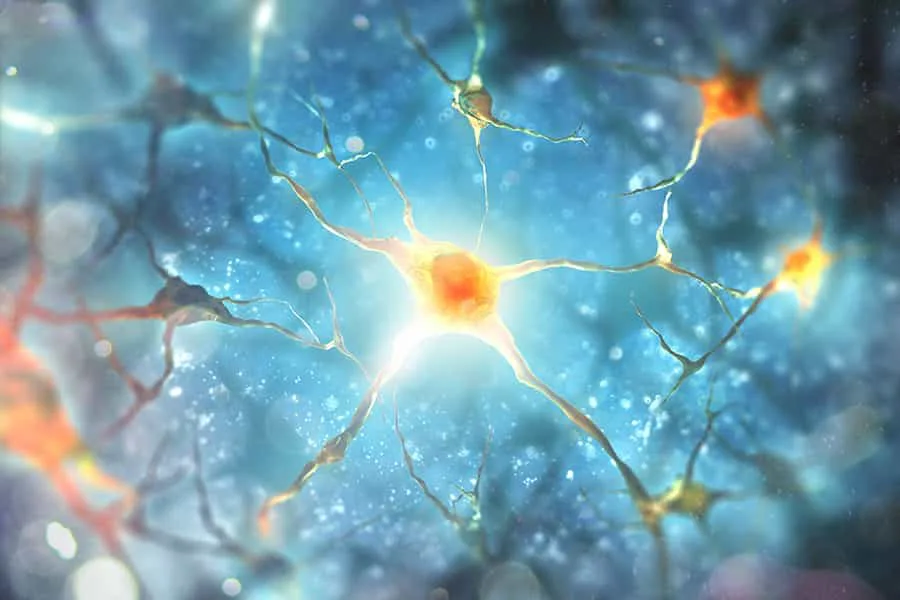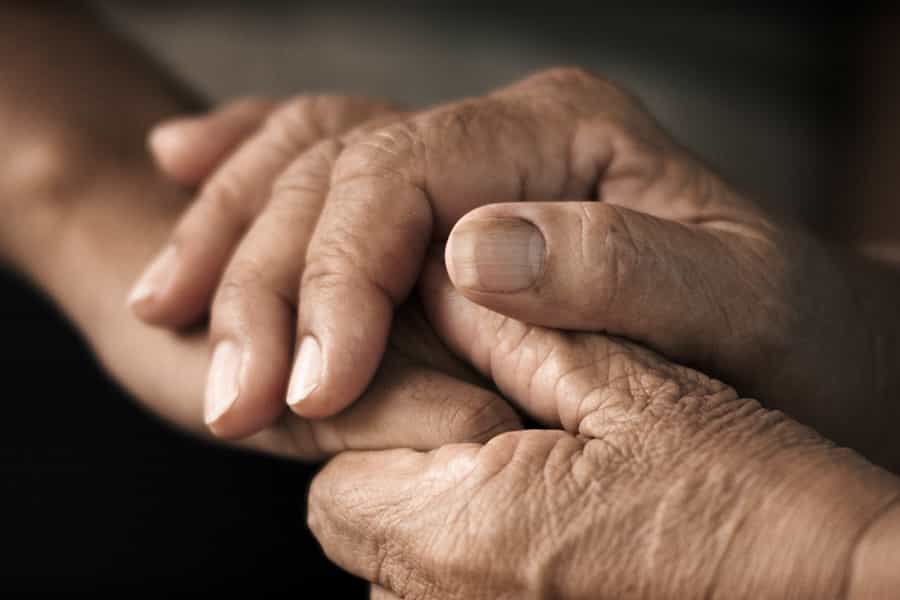Individuals struggling with both drug addiction and another mental illness are described as having “co-occurring disorders.”
This is a relatively common situation that is exceptionally difficult to treat without specialized support. The disorders trigger a self-perpetuating cycle of distress and drug-use that can easily spiral out of control. The psychological disorder causes the individual to become emotional, which prompts drug-use as a form of self-medication. The drug-use then changes the individual’s brain chemistry, which worsens the psychological disorder.
Drug-abuse also causes emotional lows associated with withdrawal, which in turn encourages more self-medication by drug-abuse. Sometimes the use of drugs even causes full-blown psychiatric illness to emerge in previously undiagnosed users. This cycle can continue indefinitely without intervention in the form of holistic treatment.

What causes co-occurring disorders?
Co-occurring disorders are likely caused by common risk factors. Parts of the brain that are implicated in addiction have also been associated with certain other mental disorders. Abnormalities in areas such as the reward pathway of the brain are likely to cause addiction and mental illness simultaneously. Both types of disorders tend to emerge during puberty or adolescence. The brain is young and impressionable in this time period, and early exposure to drugs can make the brain more likely to develop in a way that promotes mental disorder. Genetic predisposition has been known to cause susceptibility to both addiction and other psychiatric ailments.
Genetics can also increase the risk of a second disorder emerging once an initial disorder is established. Additionally, environment plays a significant role in the development of co-occurring disorders. Triggers such as trauma, stress, loneliness, etc. can lead to drug abuse and mental illness. Frequent exposure to drug use, especially at an early age, can also have long-lasting and detrimental effects.

Which mental illnesses are most commonly treated at Two Dreams?
Our staff here at Two Dreams is specially trained to work with clients who are dealing with co-occurring disorders. Every client we see has been diagnosed with the disease of addiction. It is important to recognize that addiction is a mental illness characterized by changes in behavior that arise from drug-induced alterations in the brain. Our clients are oftentimes simultaneously diagnosed with depression, anxiety, bipolar disorder, personality disorders, etc. We also work with clients struggling with chronic pain, relationship and/or codependency issues, sleep disorders, and other pervasive problems.

Why do co-occurring disorders require special treatment?
The combination of mental illness and substance abuse puts individuals at high risk for poverty, homelessness, incarceration, and illness, but treating both disorders together helps the client to avoid these dire consequences. By providing integrated care to these individuals we are able to reduce the incidence of the aforementioned negatives, increase the probability of continued abstinence, and promote overall wellness. Many treatment centers reject dual-diagnosis clients for liability reasons, but Two Dreams makes an active effort to help every client get the care they need.
Why can’t I just treat my co-occurring disorders one at a time?
Co-occurring disorder management is a balancing act; treatment of one disorder can cause the status of the other one to change or even worsen. For example, detoxification and abstinence are great ways to begin recovery, but often cause increased distress and depression. Similarly, medication can be great for managing psychiatric disorders, but often have negative side effects when mixed with alcohol or other drugs. In both cases, psychiatric medicines and drugs of abuse alter brain chemistry, so physicians must tailor the medication regimen appropriately to fit the client’s current state. Treating both disorders at the same time allows for more predictable and constant outcomes.
What does integrated care entail?
Every client with a substance abuse disorder is evaluated for mental illness and vice versa. Clinicians will take a detailed client history, looking for patterns that might indicate a co-occurring disorder. For example, it is not uncommon to see drug abusers moving between rehabilitation facilities, wondering why they aren’t improving and never realizing that mental illness is hindering their recovery. It is also not uncommon to see the mentally ill returning to treatment centers time and time again because their drug-use lead to a psychotic episode or emotional breakdown. This pattern of rapidly repeating admission and discharge is oftentimes a red flag for clinicians, signaling that more than one issue needs to be addressed.
Collaboration between staff members from different specialties ensures high-quality care across the board. Two Dreams employs addiction specialists, psychologists, psychiatrists, clinical social workers, substance abuse group consultants, and others in order to meet every clinical need. The ability to treat both substance abuse and mental disorders within the same facility eliminates the need for constant specialist referrals; it saves money, time, and grief. It also encourages effective communication between coworkers, which in turn leads to more efficient treatment.
Some medications can be used for the treatment of both addiction and other mental disorders. For example, some medicines are used to reduce drug cravings and/or treat depression. Others are used to treat alcoholism by reducing the negative emotional side effects that are caused by withdrawal. Current research is focusing on other drugs that might be deemed multi-functional for co-occurring disorders in the future.
Education is a key component of integrated care as well. Clients should know the ways in which their co-occurring disorders are affecting each other in order to improve their self-care rituals. Being cognizant of the brain’s changing chemistry can also help clients to make appropriate behavioral and life decisions. Family members and peers can also greatly benefit from education. Having a loved one with a dual-diagnosis is difficult, but learning about the triggers and effects of the disorders makes it easier to cope and thrive. For example, the knowledge that drug-use is often used as self-medication for mental distress might encourage a parent to talk to their child about stressors in their life as opposed to just disciplining them for bad behavior. Knowing that drug-withdrawal causes emotional turmoil might encourage a teasing sister to be gentle with her brother’s feelings while he is detoxing. Co-occurring disorders become more manageable and less stigmatized.